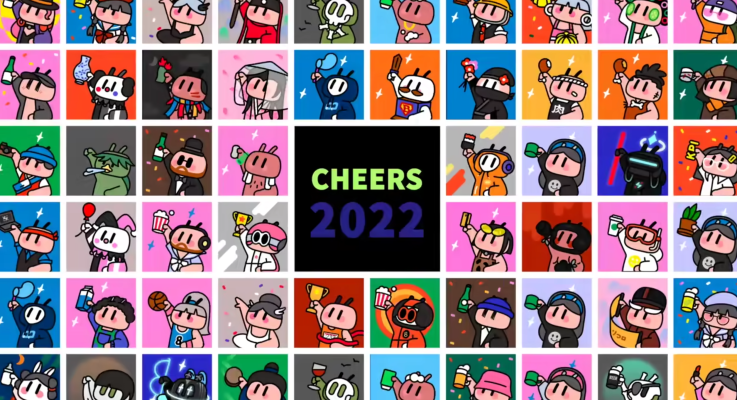Mozilla offering $400,000 for voice tech projects based in Kenya, Tanzania, DRC
The Mozilla Foundation announced on Wednesday that it will be offering $400,000 in grants for voice technology projects based in Kenya, Tanzania, and the Democratic Republic of Congo.
The foundation is looking for projects that solve agricultural and financial problems while using Mozilla’s Common Voice Kiswahili data set. It is planning to give awards of up to $50,000 to each of the winning projects, which they hope will show how voice-based tools can be integrated into apps that provide agricultural or financial services.
Mozilla Common Voice is an open-source initiative aiming to make voice technology more inclusive. The initiative was started because voice technology is quickly becoming prevalent across a range of digital sites and services. But often, these services only provide voice-technology in English, French, Spanish or German.
Amazon’s Alexa, Apple’s Siri, and Google Home all do not support a single native African language, meaning millions of people who speak Kiswahili and other African languages can’t use voice technology to do something as simple as checking the weather — or something as important as checking for COVID updates.
“These grants will fuel products powered by open voice data and technology built with local community involvement and engagement,” said Chenai Chair, Mozilla’s Africa Innovation Mradi consultant.
“And in the long-term, they can help shift power and improve social and economic opportunities for marginalized groups, particularly women, in Kenya, Tanzania, and Kiswahili-speaking DRC.”
Mozilla said projects should look to existing voice technologies for examples of things they can build on.
They pointed to projects like Mbaza, a chatbot that uses Common Voice data to provide timely and accurate information about the pandemic in the Kinyarwanda, French, and English languages.
“For example, an ideal project might provide information services for timely pricing updates for small crop farmers. Or provide easy-to-understand information on land rights to communities, such as women in rural areas,” Mozilla explained, adding that applicants should make their work available under an open-source license.
The deadline for letter of intent submissions is March 22 and the full application deadline is April 12. The projects will be judged by a committee of Mozilla employees and advisors.
Applicants must have a “core” team based in Kenya, Tanzania, or the Kiswahili speaking part of DRC. Mozilla will be accepting applications from individuals, small communities, teams, or companies with less than 50 employees. Non-profits are also eligible.
Mozilla is also hoping to prioritize projects from groups who experience digital exclusion due to gender, income inequality, and location.
The organization suggested groups create agricultural products that can serve as advisory or informational services for farmers and households. Tools that can help people improve their crop yields, streamline their farming methods, boost farm margins or provide information on land rights are some of what Mozilla is looking for.
Some tools could also help farmers keep records of produce or purchases, Mozilla suggested. Mozilla is also hoping for projects that provide voice-enabled bank services or financial literacy support.




